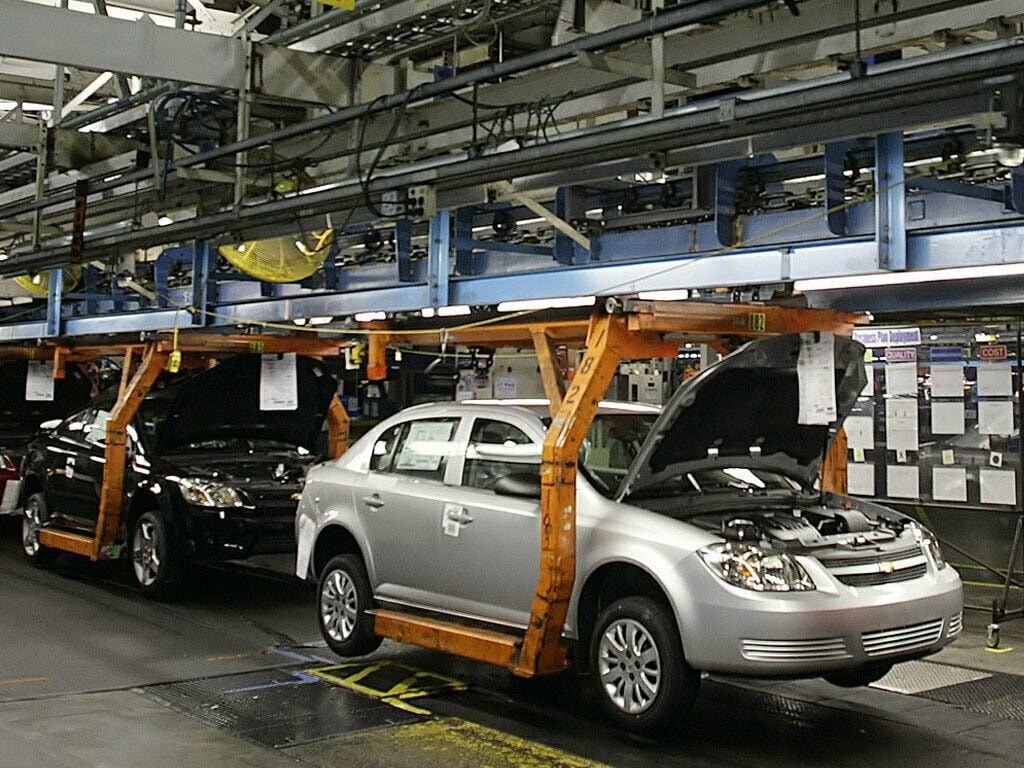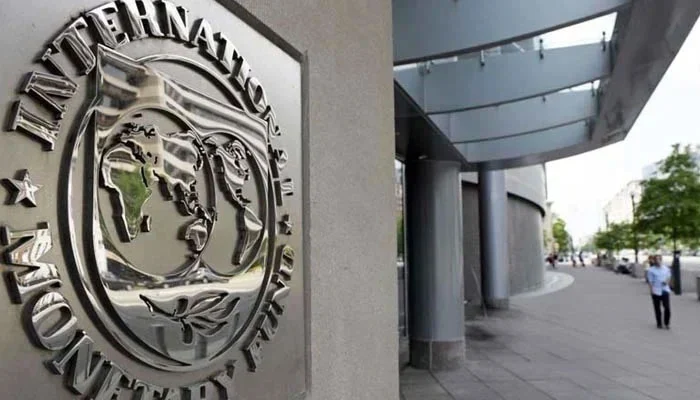PTBP Web Desk
The 8th Japan-Pakistan High-Level Economic Dialogue (JPHLEPD) recently concluded in Tokyo, bringing to light several key economic and cooperative issues between the two nations. One of the significant points of discussion was Japan’s urging of Pakistan to ensure the safety of personnel involved in Japan’s Official Development Assistance (ODA) projects. This dialogue highlighted the mutual interest in strengthening economic ties and addressing barriers that impact bilateral trade and investment.
A primary concern raised by Japan was the safety of its personnel working on ODA projects in Pakistan. These projects are crucial for the development aid that Japan provides, aimed at fostering socio-economic growth in Pakistan. The Japanese government emphasized the need for robust security measures to protect these workers, who are instrumental in implementing various developmental initiatives across the country.
Another critical agenda was the resolution of import restrictions on automobile manufacturers. Japan, a global leader in car manufacturing, has significant stakes in Pakistan’s automotive sector. The easing of these restrictions could lead to an increase in Japanese automotive exports to Pakistan, benefiting both economies by expanding market access and encouraging technological transfers.
The dialogue also touched upon the need for Pakistan to streamline its tax and customs exemption procedures. This was aimed at clarifying service tax exemptions and improving communication with provincial governments regarding technical cooperation projects. Japan pointed out the necessity for Pakistan to adhere consistently to the International Monetary Fund (IMF) program, which is vital for economic stability and international trust in Pakistan’s economic policies.
The Japanese side presented several specific demands:
• Clarification of Service Tax Exemptions: To facilitate smoother project execution, Japan called for clear procedures regarding tax exemptions.
• Maintenance and Management of ODA Facilities: There was a push to ensure that already installed facilities and equipment from ODA projects are well-maintained.
• Timely Implementation of Projects: The Japanese highlighted the delays in domestic approvals like PC-1, urging Pakistan to expedite these processes.
• Promotion of Trade and Investment: Japan seeks an environment conducive to increased exports and investments, including the removal of the minimum tax in Special Economic Zones (SEZs).
• Visa Facilitation: Simplifying visa processes for Japanese business personnel was also on the agenda, aiming to enhance business interactions.
Moreover, issues like the recent lifting of the import ban on monosodium glutamate (MSG) and the development of infrastructure in industrial areas, including SEZs, were discussed as steps towards better economic integration.
From Pakistan’s side, there was a call for enhanced economic cooperation, particularly in resuming Yen loan projects which have been pivotal for infrastructure development. They requested information sharing to facilitate decisions on new yen-loan projects and an expansion in the scholarship program known as JDS (Japan Development Scholarship). Pakistani officials also pushed for quicker decision-making by Japanese contractors involved in ODA projects to speed up project completion.
Both nations agreed on establishing a Joint Working Group between JETRO (Japan External Trade Organization) and TDAP (Trade Development Authority of Pakistan) to focus on trade promotion and product development, particularly for exporting Pakistani mangoes and textiles to Japan. This dialogue aims to not only resolve immediate concerns but also to lay a foundation for long-term economic collaboration.




